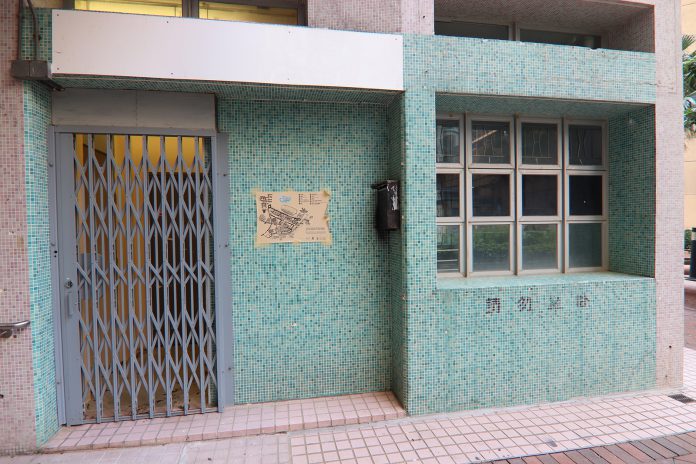The dim pathway of pro-democracy district councilors
Leung Pak-hei
Wong Pit-man resigned from her post as Kwai Tsing district councilor on July 9 and is now member of a concern group “Tsing Yi People”.
“I will continue to actively participate in social affairs to help connect residents in the district,” Wong says.
She was one of the 327 pro-democracy district councilors who quitted after various local media outlets reported in July that the government might ask them to repay salaries they received if their oath to pledge allegiance to the Hong Kong government was declared invalid.

District councilors, same as senior government officials, legislators and judges, are required to swear to uphold the Basic Law and pledge allegiance to the city to ensure they are sufficiently patriotic following Beijing’s imposition of the national security law in June 2020.
Wong’s fear of being asked by the government to repay salaries and reimbursed expenses was proven true.
Kwok Tin-lap, a former Kowloon City district councilor from the Democratic Party, who was unseated on September 29 after his oath to pledge allegiance to the SAR government was declared invalid. He revealed on October 14 that the Home Affairs Bureau required him to pay back over HK$110,000 worth of expenses.
As of now, Kwok is the only former councilor being asked to pay back expenses.
Kwok stated in a Facebook post on October 22 that he would continue to communicate with the Home Affairs Bureau and reserve all legal rights on this incident. But on November 12 he said he left Hong Kong “owing to personal reasons”, adding he would be back “sometime in the future”.
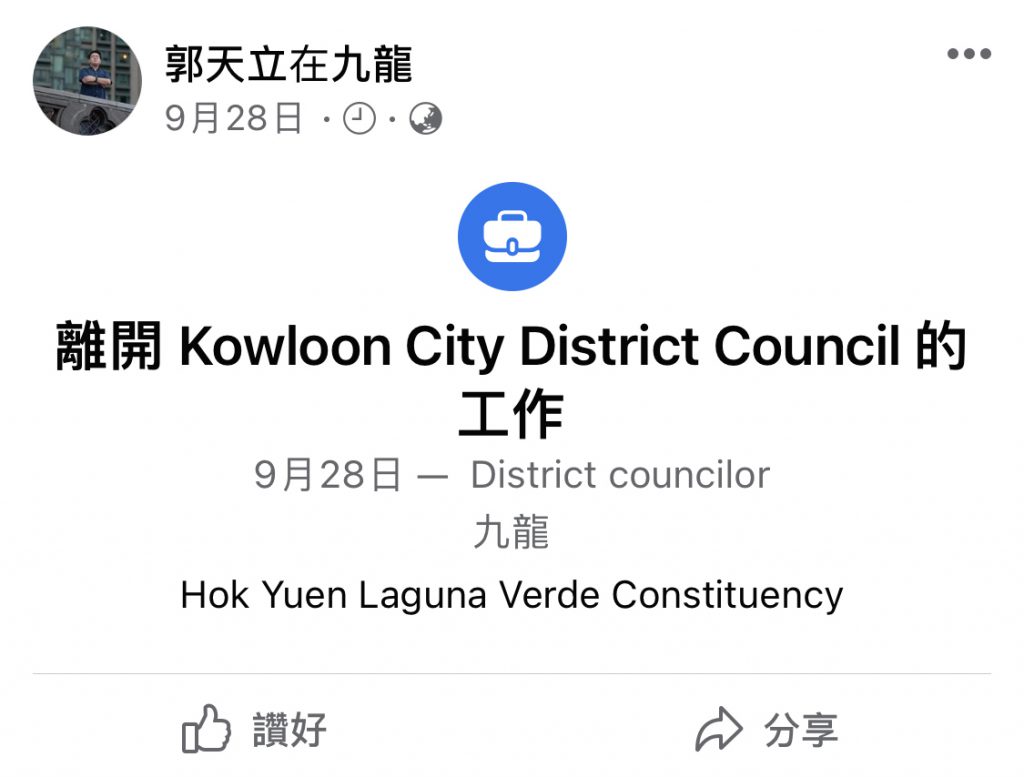
The city’s District Council, envisioned as advisory bodies for the government at the municipal level, became a stronghold for the opposition camp following a landslide win in the 2019 elections, which took place at the height of that year’s anti-government protests.
Among the 452 elected councilors, 389 were from the pro-democracy camp.
Only 62 of the pro-democracy councilors remain in the council now. The large number of resignations and disqualifications means that many district councils have too few members to properly function. In the Central and Western District Council, where there were originally 15 councilors, only three remain now.
Those Who Left
Wong is angered by how the government has made use of the oath taking procedure to remove elected pro-democracy councilors.
“I think this is shameful. It shows that the government is unwilling to accept opposition and will do everything in their power to eliminate opposing views, even when our views are solid and reflect public opinion,” she says.
Wong points out it is more challenging to deal with district affairs without the official title of “district councilor”.
“Now we can only focus on general district issues, such as buses being late, instead of being able to take care of resident’s wellbeing, such as air conditioning in their flats,” she says.
“It is also harder to follow up issues. A bus company used to respond quickly to our enquiries but now it is very difficult to get a reply,” she continues.
Wong thinks it is meaningless for democrats to participate in future district council elections as the government screens candidates basing on their political beliefs.
“I think this is shameful. It shows that the government is unwilling to accept opposition and will do everything in their power to eliminate opposing views, even when our views are solid and reflect public opinion,”
Those Who Remain
Some pro-democracy district councilors such as Yuen Hoi-man, though passed the oath-taking procedure, are also feeling gloomy about the council’s future.
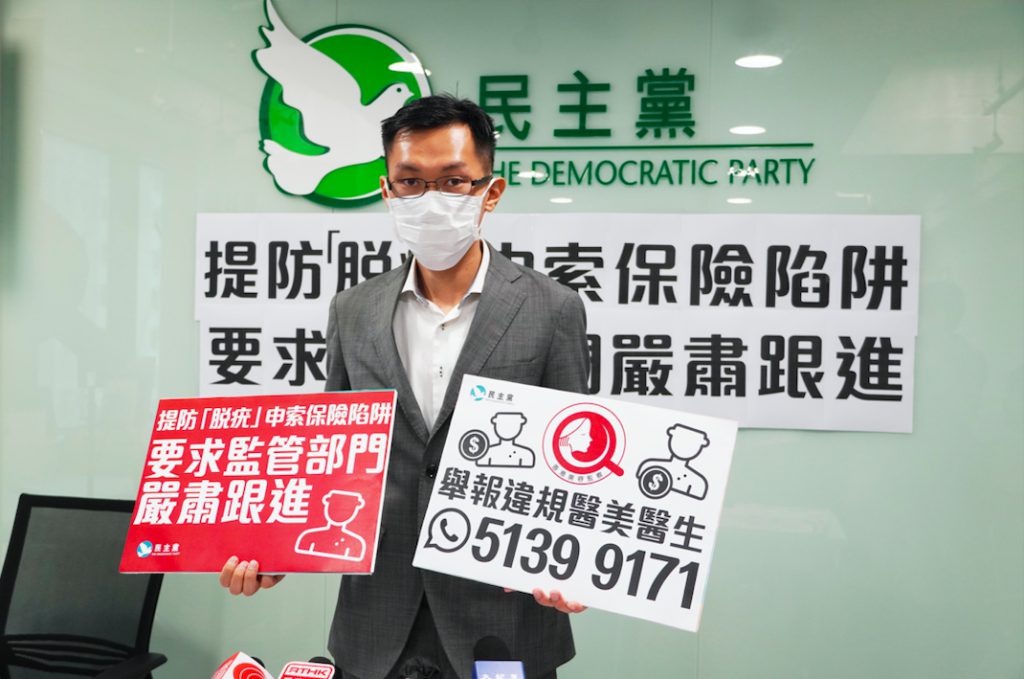
“The conditions for disqualification are unclear. This gives the government the power to remove a district councilor at any time,” Yuen, who has been a district councilor in Sham Shui Po since 2015, says.
He adds that some councilors’ oath to pledge allegiance to the government was declared invalid without a legitimate reason, and the government did not accept their explanations when they argued for their cases. The government even has accused some councilors of conducting actions that they have not done.
“The conditions for disqualification are unclear. This gives the government the power to remove a district councilor at any time,”
Yuen also criticizes the government of not holding by-elections to replace the resigned or disqualified councilors.
“This shows that the government does not value the district council and does not respect public opinion. This is unfair to Hong Kong people. The government is also imposing more restrictions over district council operations, such as stripping away its power to approve funds,” the councilor says.
The Financial Services and the Treasury Bureau suggested to the Legislative Council’s Financial Committee on October 15 to transfer the District Council’s power to fund minor work projects to other government departments such as the Home Affairs Department.
Yuen says he will still voice opinion on issues such as consumers’ rights and vaccination. But he will be more wary when dealing with political issues.
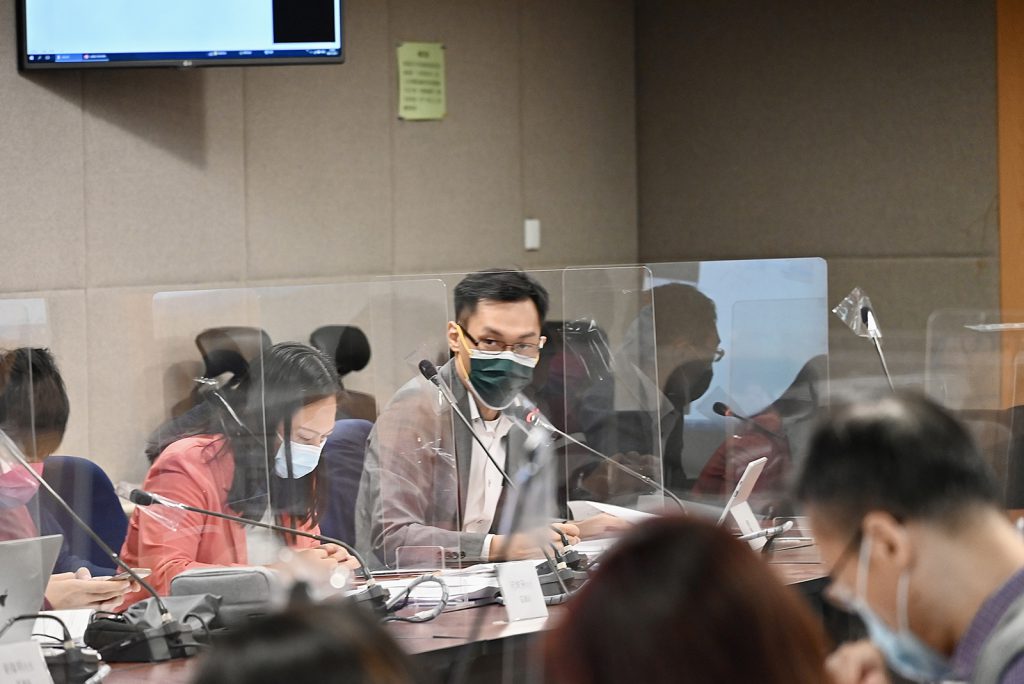
“The National Security Law, which is vaguely drafted, has generated worries and fear. But I will still express views on issues about human rights and social distancing policy,” the councilor explains.
He also states he will continue to distribute candles to commemorate the 1989 Tiananmen Incident.
“This shows that the government does not value the district council and does not respect public opinion.”
The Future of the District Council
Ma Ngok, an associate professor from the Chinese University of Hong Kong’s Department of Government and Public Administration, says some district councils are paralyzed as many councilors have resigned or been disqualified.
“Under such circumstances, the government has the responsibility to organize by-elections. But the government has refused to do so because they fear that candidates from the pro-democracy camp may win many seats in the elections,” Ma says.
He also points out that the government has tightened control over the District Council by stripping away the councils’ power to approve funds to avoid political trouble.
Ma believes that democrats can no longer use the district council as a stepping stone to win seats in the Legislative Council and can only focus on dealing with district affairs.
“But the government has refused to do so because they fear that candidates from the pro-democracy camp may win many seats in the elections,”
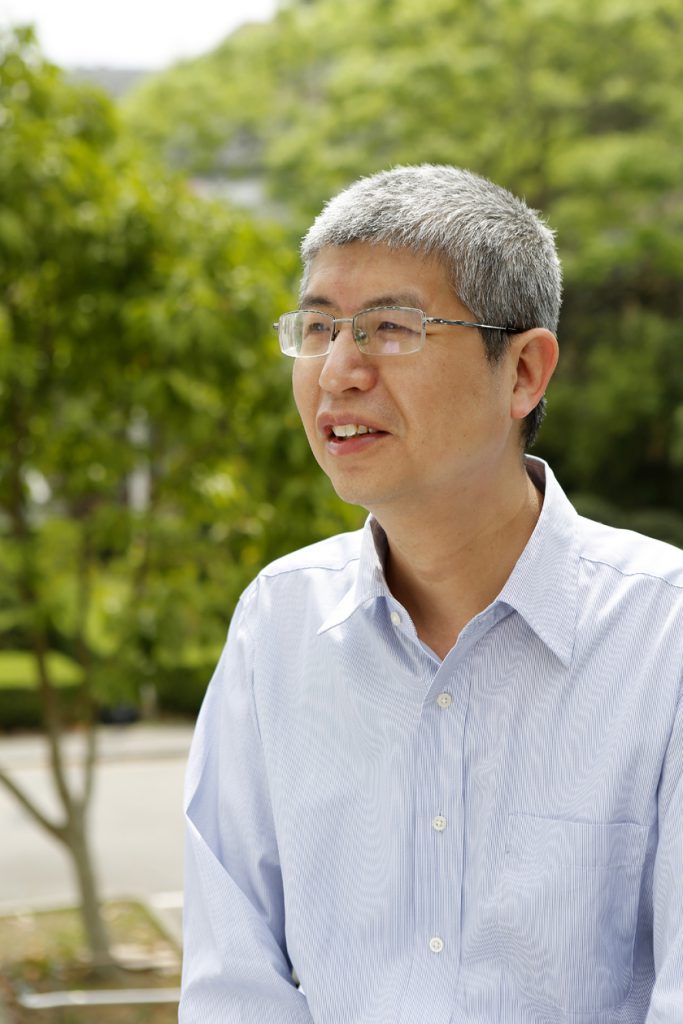
Election System Overhaul In The Future?
Lau Siu-kai, vice-president of the semi-official Chinese Association of Hong Kong and Macau Studies, says he is unfamiliar with the subject, when responding to Varsity’s request for an interview.
But when speaking to local media on September 15, he said reforming the district council will be inevitable to prevent from becoming a platform for political struggle.
Executive Council convenor Bernard Chan admitted on March 10 that overhauling the district council would wipe out the city’s democratic development since the handover, but he stressed it would be needed to “give confidence to the Central Government that ‘One County, Two Systems’ could carry on”.
Liz Truss, foreign secretary of the United Kingdom, issued a statement objecting to the disqualification of district councilors on October 21. She said she was “deeply concerned” about the development and urged the Hong Kong government to “uphold freedom of speech and allow the public a genuine choice of political representatives”.
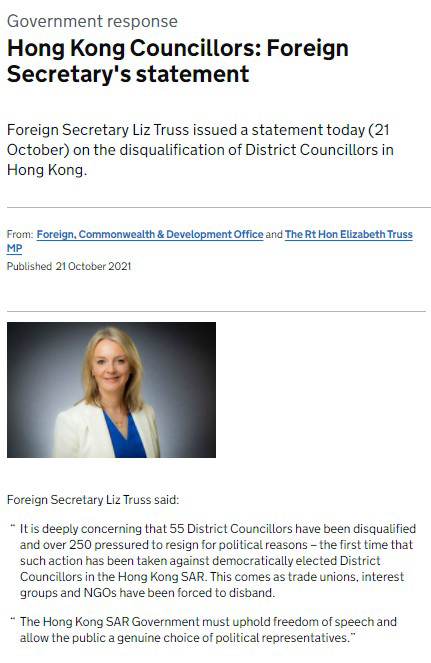
The Hong Kong government responded on October 22 that the oath-taking of district councilors was “conducted in full compliance to the Basic Law”, and “strongly deplores and condemns” the smearing and unfair comments by foreign governments.
Changes in the District Council electoral system
| 1982 | First District Council Election: All citizen aged 21 or above and had lived in Hong Kong for at least seven years are eligible to vote. |
| 1985 | Government officials no longer took office as district councilors. |
| 1994 | Governor Chris Patten’s reform: Most appointed seats abolished (except for 27 seats ex-officio members for Rural Committee Chairmen in the New Territories). Almost all directly elected seats adopted “single-seat, single-vote system”, voting age reduced from 21 to 18. |
| 1999 | Increased number of directly elected seats to 390 but reinstated 102 “appointed seats”. |
| 2016 | Most appointed seats abolished (except for 27 seats ex-officio members for Rural Committee Chairmen in the New Territories). Total voter turnout in the 2015 District Council Election was around 47 percent. |
| 2019 | Historic voter turnout of over 70 percent in the 2019 District Council Election: Pro-democracy camp won 389 out of 452 seats. |
| 2020-2021 | 327 pro-democracy district councilors left office due to resignations, disqualifications, and arrests. |
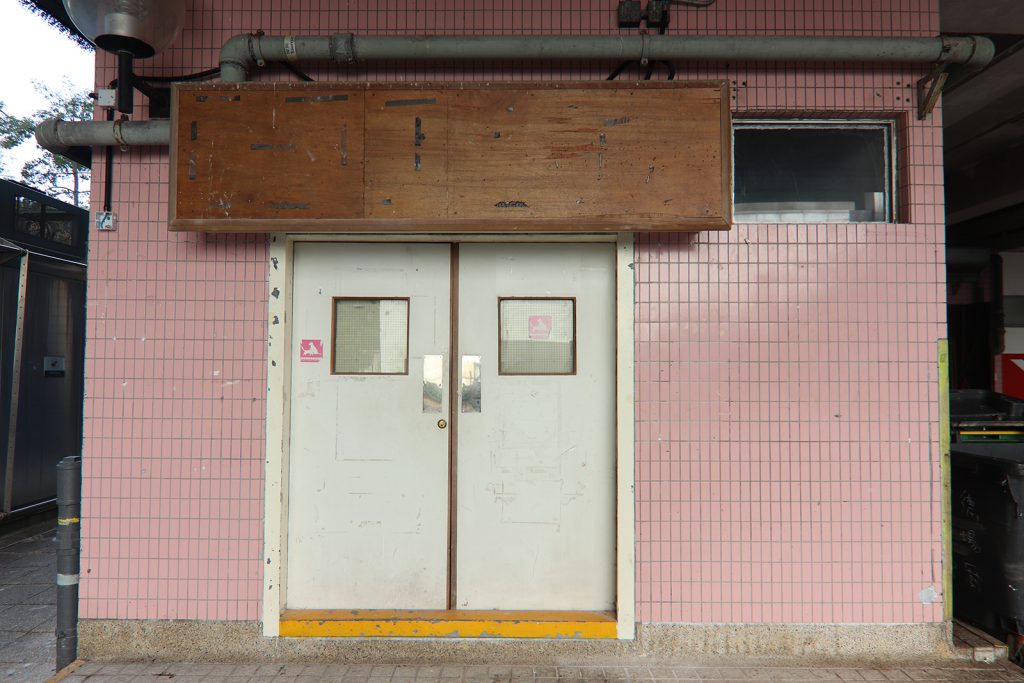
Edited by Lok Chung-yin
Sub-edited by Linn Wu





































